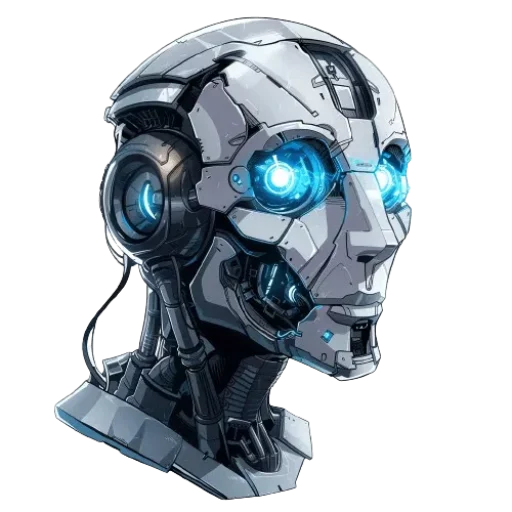Key findings
Food servers, nonrestaurant, serve food to individuals in various settings such as hotel rooms, hospital rooms, care facilities, or cars.
Despite the rise of Generative artificial intelligence (GenAI), blue-collar workers in this field are expected to remain shielded from major disruption.
GenAI’s inability to perform physical tasks ensures that the demand for these workers will likely increase due to the growth of premium goods and services.
While some skills may be automated in the future, such as operations monitoring and digital data processing, the core skills of active listening, speaking, and service orientation essential to food servers are less likely to be impacted.
GenAI will impact but not transform the work, potentially streamlining certain tasks but ultimately preserving the need for human interaction and service.
How could AI or automation replace or complement job activities?
AI and automation could be used to automate activities such as placing food servings on plates, monitoring food distribution, examining trays for accuracy, and stocking service stations for Food Servers, Nonrestaurant.
For example, AI could streamline the process of organizing food orders and ensuring correct meal deliveries.
Job description
Serves food to people in places like hotel rooms, hospital rooms, care facilities, or cars.


0 Comments